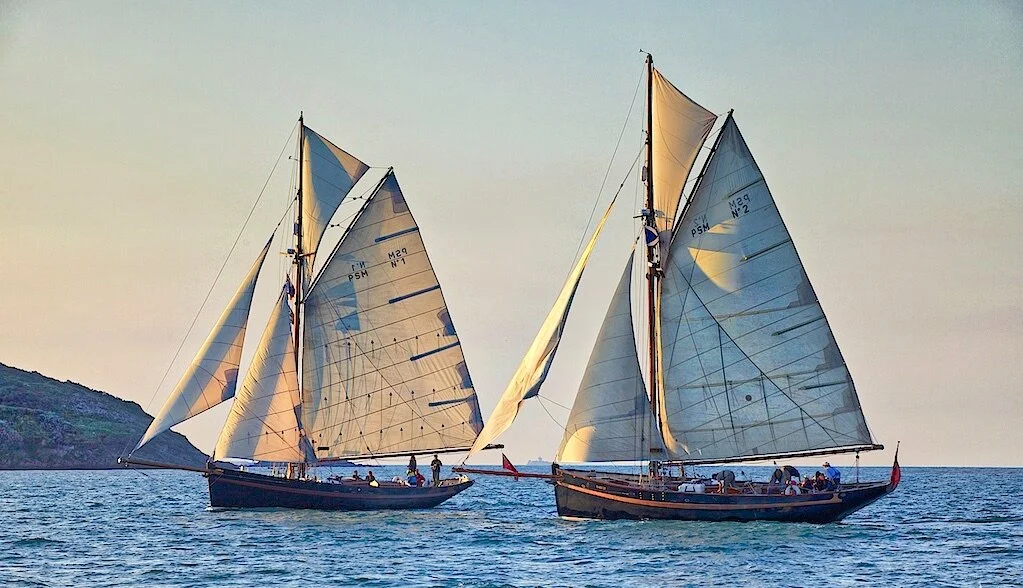Conventional wisdom holds that parents should make several early life decisions for their children. Kids should start taking violin lessons at age three, tennis lessons at four. The earlier children start doing whatever it is their parent/s want them to do, the bigger head start they’ll have and therefore a more robust competitive advantage down the road. David Epstein, author of Range, dissents. Range is a book about the value of being a generalist rather than a lifelong specialist and points out that many of the most successful people in elite professional fields (sports, the arts, scientific research, etc.) succeed not despite the fact but because they were late to the party.
“For too long, we’ve believed in a single path to excellence. Start early, specialize soon, narrow your focus, aim for efficiency. But in this groundbreaking book, David Epstein shows that in most domains, the way to excel is something altogether different. Sample widely, gain a breadth of experiences, take detours, and experiment relentlessly. ‘Range' is an urgent and important book, an essential read for bosses, parents, coaches, and anyone who cares about improving performance.”
— Daniel H. Pink, author of the bestselling “When” and “Drive”
Epstein argues that parents should encourage their kids to try as many different things as possible—fill children’s lives with a wide variety of experiences. Then let them find their own way. Most of the time, big head starts don’t turn out to be difference makers. A wealth of diverse experiences can be.



